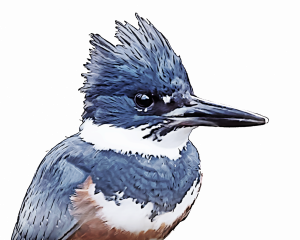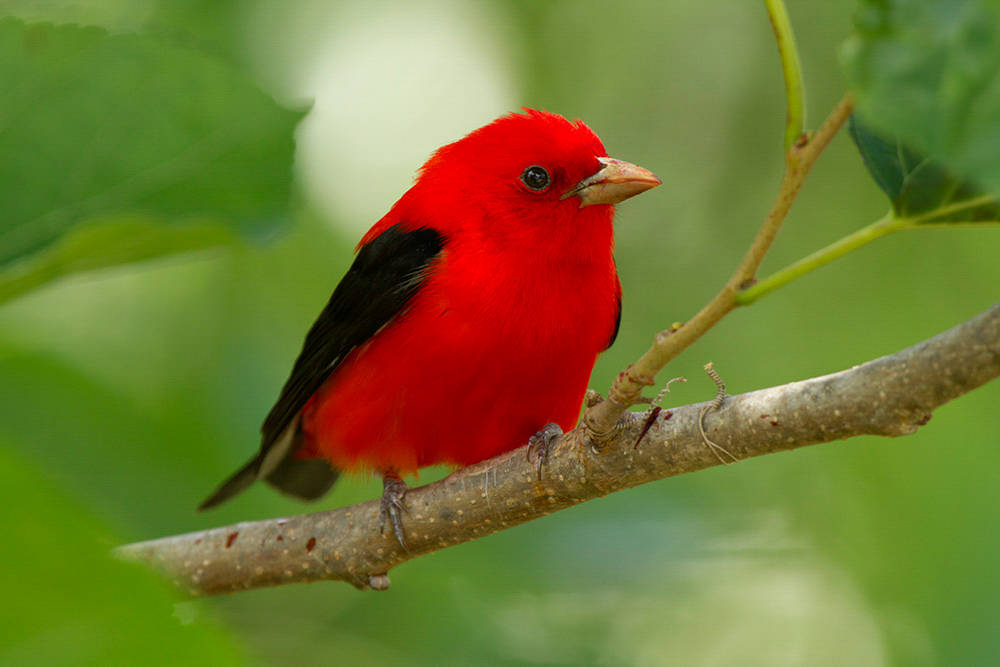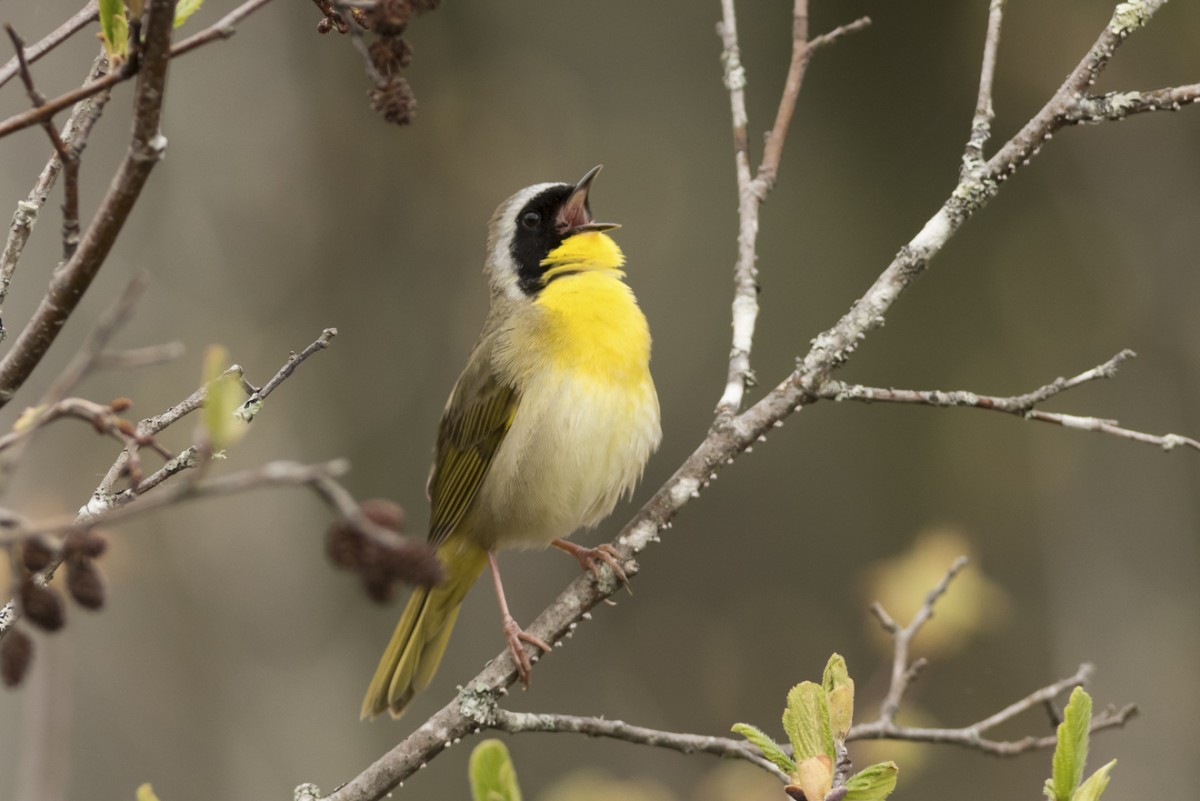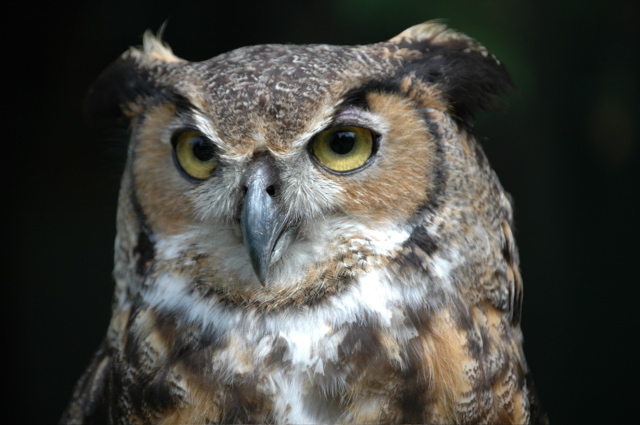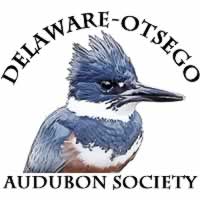This is a recording of a webinar hosted by Delaware-Otsego Audubon Society (DOAS) on Feb. 24, 2021. Presenter, Dr. Kevin Schultz, will share the basic science behind global climate change and will provide an outline of what is known very well and what is less known, so that people can get a better handle on what they hear in the media and from others. But more importantly he will talk about the importance of moving away from a personal response to climate change and towards a collective one.
Dr. Kevin Schultz is an Associate Professor and Chair of the Physics Department at Hartwick College, as well as the Chair of the City of Oneonta’s Environmental Board. He moved to the Oneonta area with his family in the fall of 2012. For the past several years he has been engaged with the community and his college to work for a more sustainable Oneonta. He has taught courses on energy and climate, the math and science of social justice, and is developing a new course on sustainable agriculture.
This program is part of the DOAS Climate Action Leadership Training Program, funded in part through a 2020-21 Audubon in Action Grant from National Audubon Society.
ASSOCIATED RESOURCES
Kevin has very generously made the slideshow available for use as needed – the slides from the presentation are available at http://bit.ly/2NNHA8f
He has also shared a page full of compiled climate change resources and links: http://bit.ly/2p35Vss
Book Recommendations from Kevin Schultz – re: Regenerative Farming
“I only learned about regenerative farming last fall when I had someone from The607CSA talk to my class and she gave us some resources. SoulFire Farms is a regenerative farm outside of Albany that I hope to visit when the pandemic is over. Leah Penniman is one of the founders of the farm and wrote a wonderful book called Farming While Black. Sylvanaqua Farms also practices regenerative farming and has a pretty active web presence. While not directly related to regenerative farming, I can’t recommend Braiding Sweetgrass enough. Also, Dirt to Soil by Gabe Brown is a fantastic story of a farmer in Montana who switched to regenerative farming.”
